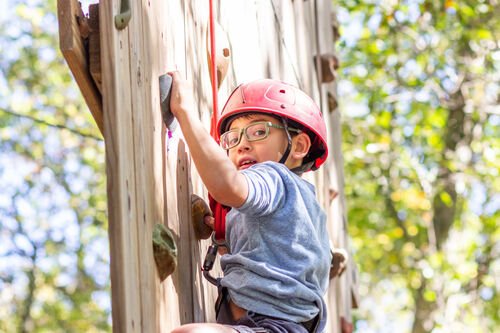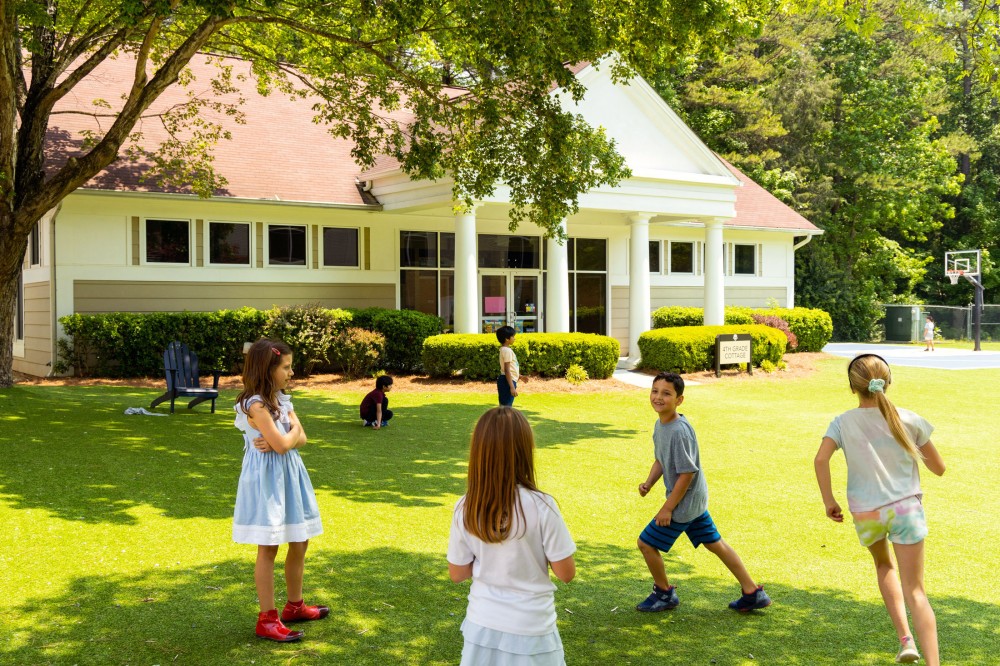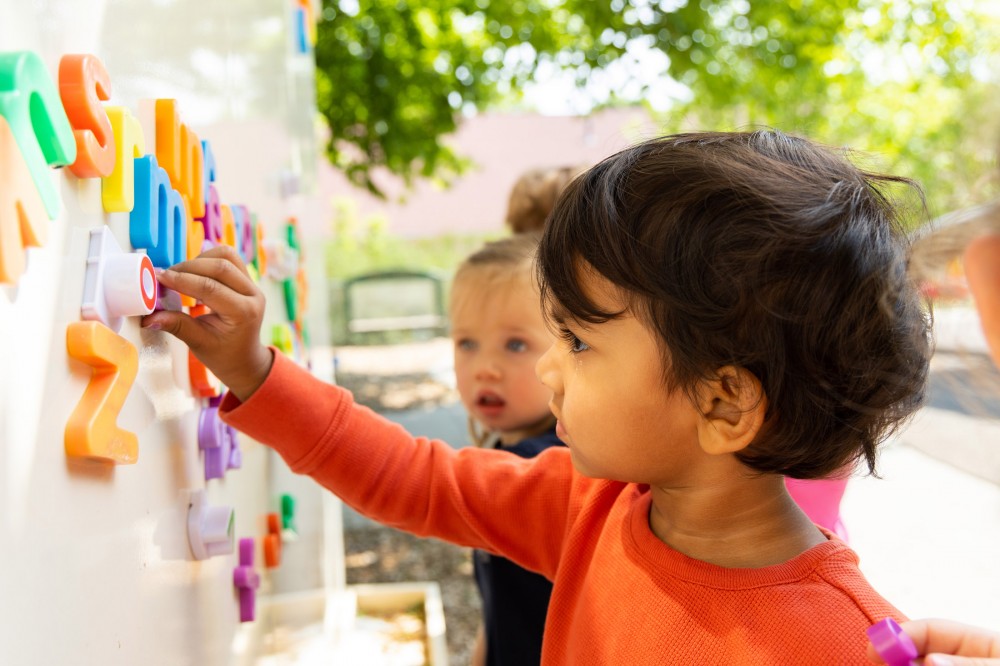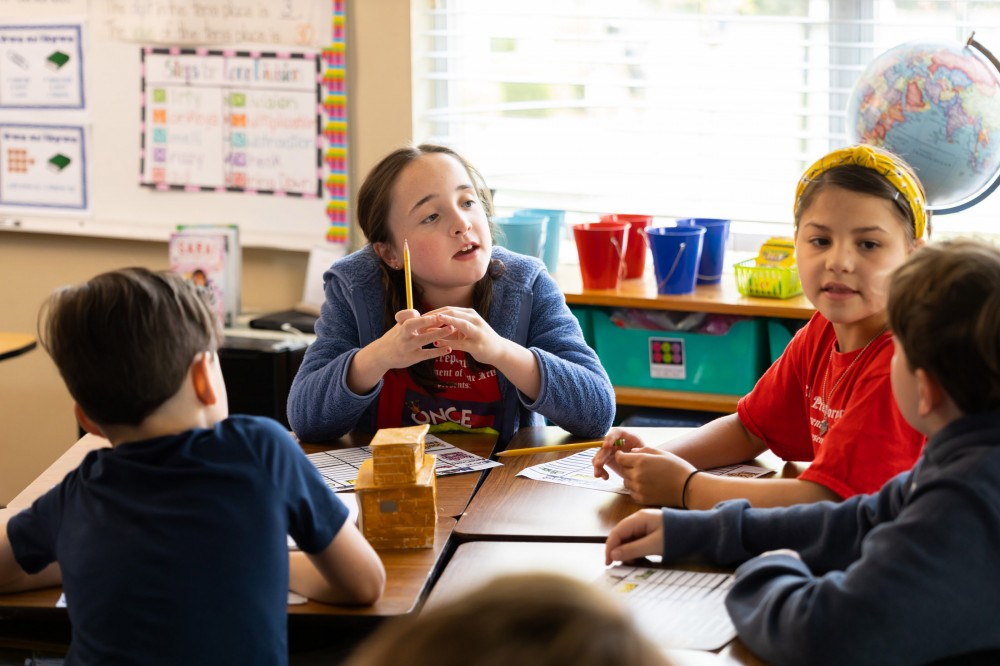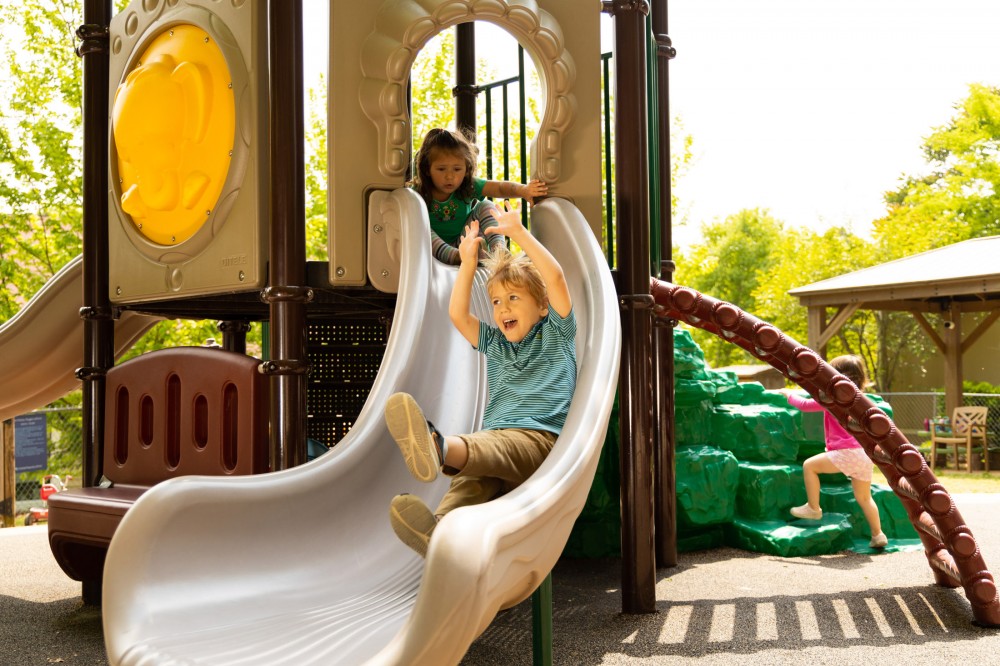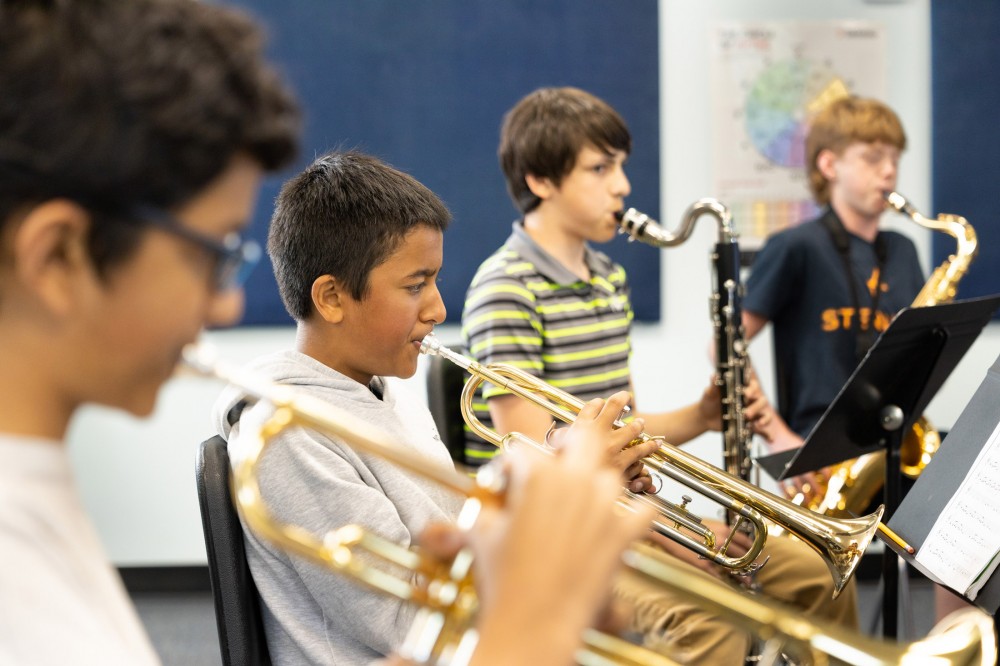What We Expect, They Achieve
May 1st, 2025
 I had a teacher in elementary school who one day told me I was an average math student. I am not sure how she thought this was helpful feedback, but from that point forward, I internalized her comment and became, in fact, an average math student. One teacher. One comment. Dramatic outcome.
I had a teacher in elementary school who one day told me I was an average math student. I am not sure how she thought this was helpful feedback, but from that point forward, I internalized her comment and became, in fact, an average math student. One teacher. One comment. Dramatic outcome.
One of my educational mantras is that expectations are destiny. Children often conform to what we expect of them. Positive expectations yield powerful outcomes. Negative expectations shrink a child’s capacity. This is true for teachers and parents.
Most parents do not intentionally share negative expectations with their children. But a parent who is dramatically overprotective, for example, may unconsciously signal to the child that the world is a scary place, the child is not capable, or fear is an emotion to be hypersensitive to. The child then internalizes these expectations and assumptions and acts accordingly. Conversely, a parent who assumes a child is capable and resilient will usually have a child who develops these characteristics.
Expectations are equally important between teacher and student. I was lucky to have a 6th-grade teacher who had high standards and expected her students to meet them. And we did. It was a liberating and confidence-building experience for the shy boy I was at that time, and it helped counter the earlier experience I had with the teacher who assumed so little of me.
The expectations that parents and teachers share with children, either consciously or not, will influence the child’s sense of self and behavior. It is helpful for parents and teachers to monitor these expectations and make sure they are aligned in age-appropriate ways with the character traits they hope their children will develop.
More News from Charlotte Prep
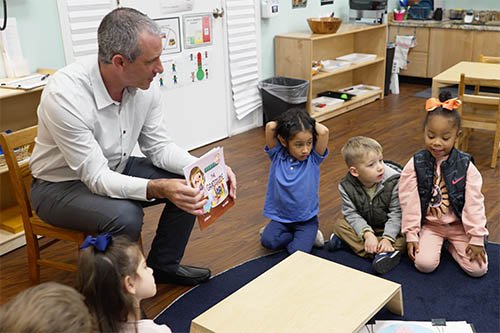 Nov11A Season for Gratitude
Nov11A Season for GratitudeAs we welcome this season of giving thanks and giving back, I couldn’t help but draw parallels between the themes The Gratitude Jar and our mission at Charlotte Prep.
See Details Nov10Prep Players Present: Alice
Nov10Prep Players Present: AliceTalented Charlotte Prep students are hard at work to stage Alice, a one-act adaptation of Alice in Wonderland by Lewis Carroll. The cast is busy rehearsing, and our middle school set design club is crafting props and costumes. You won't want to miss it!
See Details Nov6Mila's Prep Story
Nov6Mila's Prep StoryMiddle school is often described as a challenging time, full of change and uncertainty. However, at Charlotte Prep, it becomes a time of growth, exploration, and confidence. The environment encourages us to try new things, learn from our mistakes, and discover who we truly are, all while being surrounded by people who genuinely want us to succeed.
See Details Oct30Binding a Community of Readers
Oct30Binding a Community of ReadersReading for pleasure is one of the most powerful habits a middle school student can develop. It strengthens stamina, builds vocabulary, and deepens comprehension, but more importantly, it opens hearts and minds.
See Details

